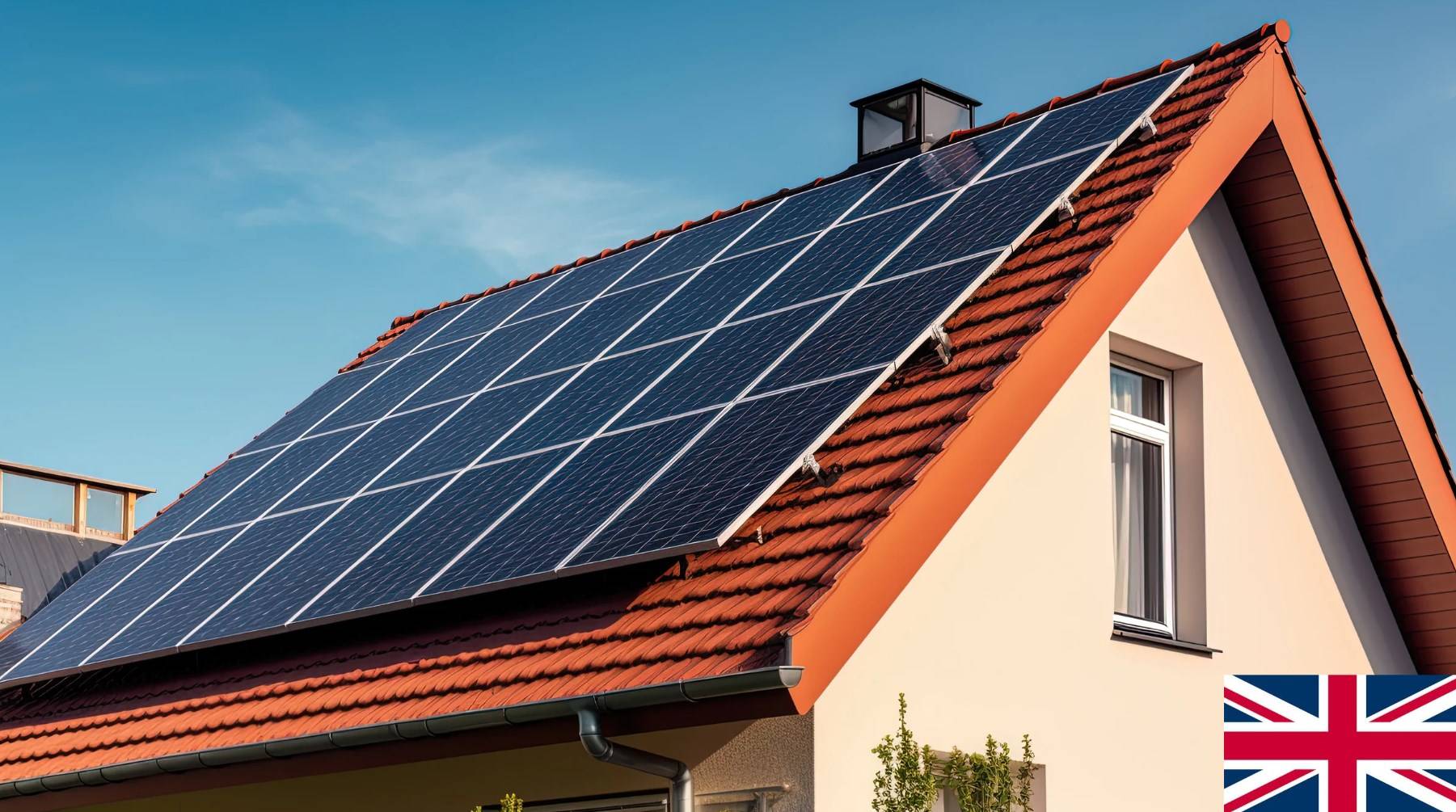The UK Energy Bills Discount Scheme provides financial relief to eligible non-domestic customers facing high energy costs. Understanding who qualifies and how to apply can help businesses and organizations manage their expenses effectively. This guide outlines key details about the scheme and additional support options available.
What is the Energy Bills Discount Scheme?
The Energy Bills Discount Scheme (EBDS) was introduced to provide financial support to non-domestic customers experiencing high energy prices. The scheme offers a unit discount on electricity and gas bills, helping to alleviate some of the financial burdens faced by businesses, charities, and public sector organizations. The EBDS will run until March 31, 2024, and automatically applies discounts based on eligibility criteria.
| Type of Support | Electricity Discount | Gas Discount |
|---|---|---|
| Baseline Support | Up to £19.61/MWh | Up to £6.97/MWh |
| Enhanced Support (ETIIs) | Up to £89.10/MWh | Up to £40/MWh |
Who is eligible for the Energy Bills Discount Scheme?
Eligibility for the EBDS includes:
- Non-Domestic Customers: This includes businesses, charities, schools, hospitals, and other public sector organizations.
- Contract Types: Eligible customers must be on fixed price contracts agreed upon after December 1, 2021, or on deemed/out of contract tariffs.
- Energy Usage: Organizations using gas or electricity must meet specific consumption thresholds to qualify.
How do I apply for the Energy Bills Discount Scheme?
To apply for the EBDS:
- Check Eligibility: Ensure your organization meets the criteria outlined above.
- Contact Your Supplier: Reach out to your energy supplier, as they will automatically apply discounts based on eligibility.
- Certification for Enhanced Support: If you are part of an Energy and Trade Intensive Industry (ETII), you must apply through a digital portal to gain certification.
What grants are available for energy bill support?
In addition to the EBDS, several grants are available:
- Warm Home Discount: Offers £150 off electricity bills for eligible low-income households.
- Winter Fuel Payment: Provides financial assistance to pensioners during winter months.
- Cold Weather Payment: Automatic payments during periods of extreme cold.
| Grant Type | Amount | Eligibility Criteria |
|---|---|---|
| Warm Home Discount | £150 | Low-income households |
| Winter Fuel Payment | £200 – £300 | Pensioners receiving certain benefits |
| Cold Weather Payment | Varies | Recipients of qualifying benefits |
How can I check my eligibility for energy bill grants?
To check eligibility:
- Visit Government Websites: Use official government resources like GOV.UK or Citizens Advice.
- Provide Personal Information: You may need to input details about your income, household composition, and current benefits received.
- Contact Local Authorities: For localized support schemes, reach out directly to local council offices.
What other forms of assistance are available for energy costs?
Additional forms of assistance include:
- Energy Efficiency Programs: Grants or subsidies aimed at improving home insulation or upgrading heating systems.
- Debt Relief Options: Programs designed to help customers manage outstanding energy debts.
- Advisory Services: Free consultations with energy advisors who can provide tailored advice on reducing bills.
Buy Wholesale Battery Tips
For those considering wholesale purchases of batteries or related products, partnering with a reliable manufacturer like Redway Battery, known for its extensive experience in lithium battery production, is crucial. To make OEM orders effectively:
- Define your specifications clearly.
- Communicate regularly with the manufacturer throughout the process.
- Ensure compliance with safety standards.
Industrial News
Recent developments indicate that UK energy prices will continue facing upward pressure due to global supply constraints and domestic policy shifts aimed at reducing fossil fuel dependency.
Redway Expert Views
“Understanding government schemes like the EBDS is essential for businesses looking to mitigate rising costs,” states an expert from Redway Battery.
FAQ Section
- What is the deadline for applying for the EBDS?
The EBDS runs until March 31, 2024; however, it’s advisable to apply as soon as possible. - How do I know if my business qualifies?
Eligibility includes being a non-domestic customer on specific contract types; check with your supplier or government resources. - Can individuals apply for this scheme?
No, this scheme is specifically designed for non-domestic customers such as businesses and public sector organizations.



